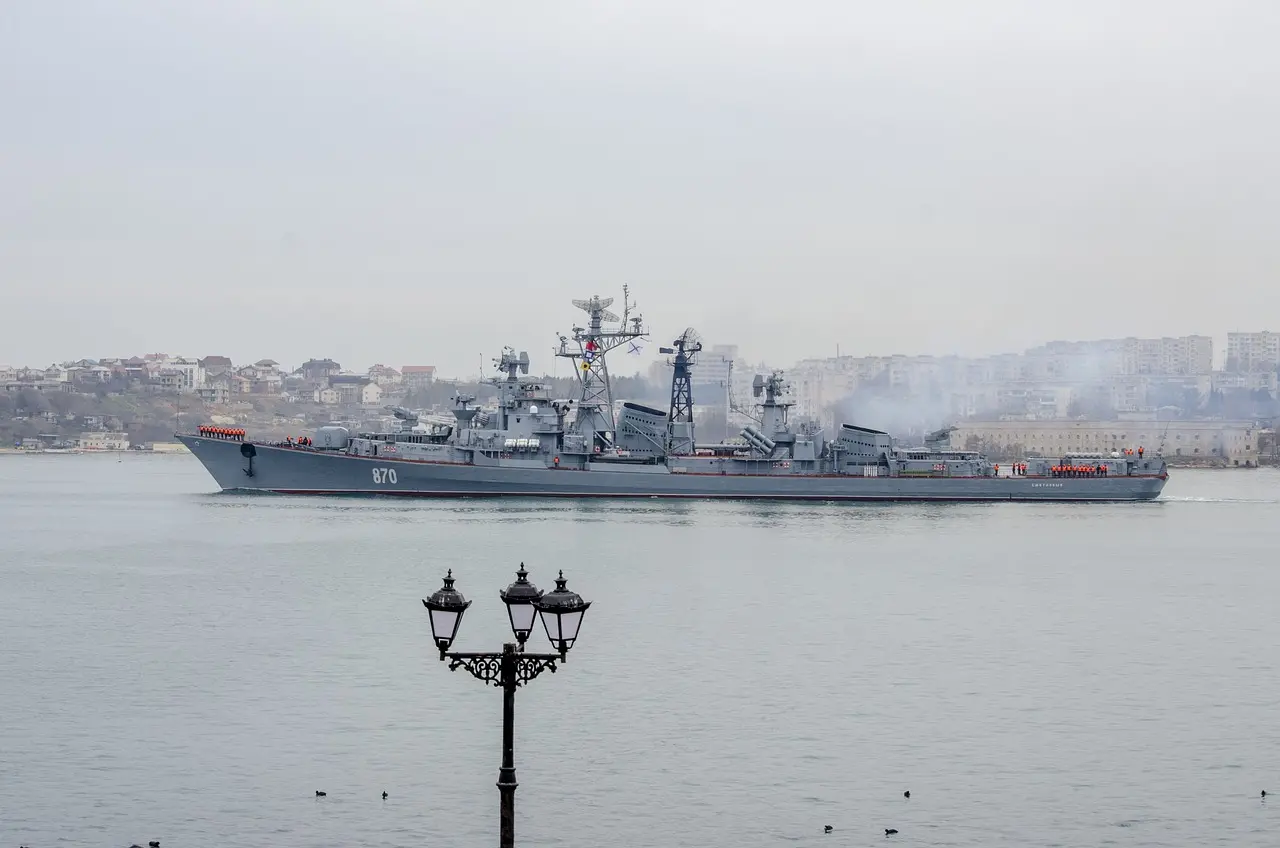Amnesty International (AI) reported that since annexation, Russia has oppressed Crimea’s non-Russian residents, namely Ukrainians and Crimean Tartars, in two ways: by changing the region’s ethnic demographics and, more systematically, through “restrictions on education, religion, media, representative institutions, judicial system, and cultural celebrations.”
AI explained that Russian post-annexation figures of Crimea showed a decrease of Ukrainian residents by almost 10 percent and Crimean Tartars by 2 percent, which are figures AI says are inconsistent with even the highest numbers of these residents who fled the peninsula in 2014. AI thus attributed the drop in residents to “ethnic Ukrainians now choosing or feeling compelled to identify as Russian, or a combination of both.”
After annexation, all non-Russian residents were given citizenship to Russia unless they “formally opted out.” Opting out puts the “foreigner” in a disadvantaged position regarding their “economic, social, cultural, political and civil rights.”



The Russians and their allies will look at this with skepticism. They will deny AI any credibility. They will call AI an American or Ukrainian or Western mouthpiece.
Russia’s enemies will use it for anti-Russian propaganda.
And when AI criticizes Ukraine or Israel or Germany, it is just the other way around.
These reports are of great value to people with a sense of justice, who have an informed opinion about what is happening in the world or who want to work to make the world a little better.
Unfortunately, such people are extremely rare in politics and the media. These people evaluate AI reports and their credibility based on whether they are useful or harmful to their political goals.